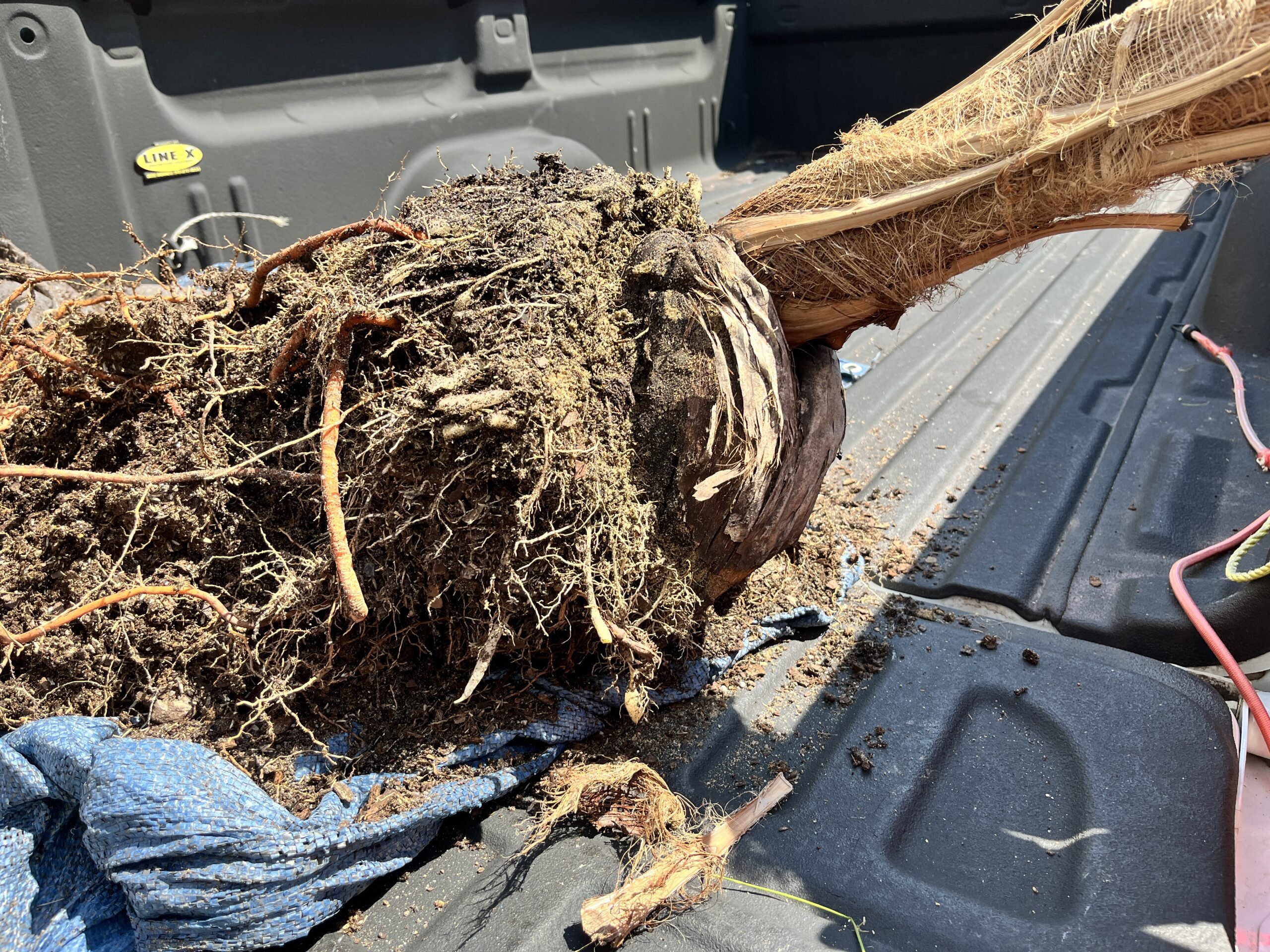Amaryllis Care
Amaryllis are a beautiful way to make your winter brighter. And while they do require care, if you follow these guidelines, chances are you’ll be pleased with results. Stop by the Botanical Garden to see our Amaryllis in bloom this winter. Make sure to scan the QR code on the Amaryllis sign or go to our Seasonal Horticulture Display link to find out more about the different varieties and where they are located.
Light & Nourishment
Light: Keep your Amaryllis in a brightly lit area. When the flower begins to open, move it to a location with less light.
Water: Amaryllis bulbs prefer a dry environment. Only water when the top two inches of soil are dry.
Fertilizer: Once you see growth, use a basic houseplant fertilizer with a high phosphorus content. (Fertilizers are labeled with a series of three numbers; the center number represents phosphorus.) Mix the fertilizer at half the recommended rate and use it each time you water.

After the Flower Fades
After Bloom Care: Bring your Amaryllis back to a brightly lit area. Remove the spent blossom by cutting the stalk just below the spent flower.

Encouraging Reblooming
Repeat Blooming: Leave as much of the plant intact as possible and continue to fertilize. The Amaryllis will bloom on its own later. If you wish to control the bloom time you will need to induce a dormant period. To do so, stop all watering and fertilization and move the bulb to a dark, dry environment. Allow the leaves to brown and dry completely before removing them from the bulb, then remove the bulb from the pot. Leave the bulb dark and dry for 8-12 weeks. When you are ready to force a bloom, simply repot your bulb in fresh potting soil.










